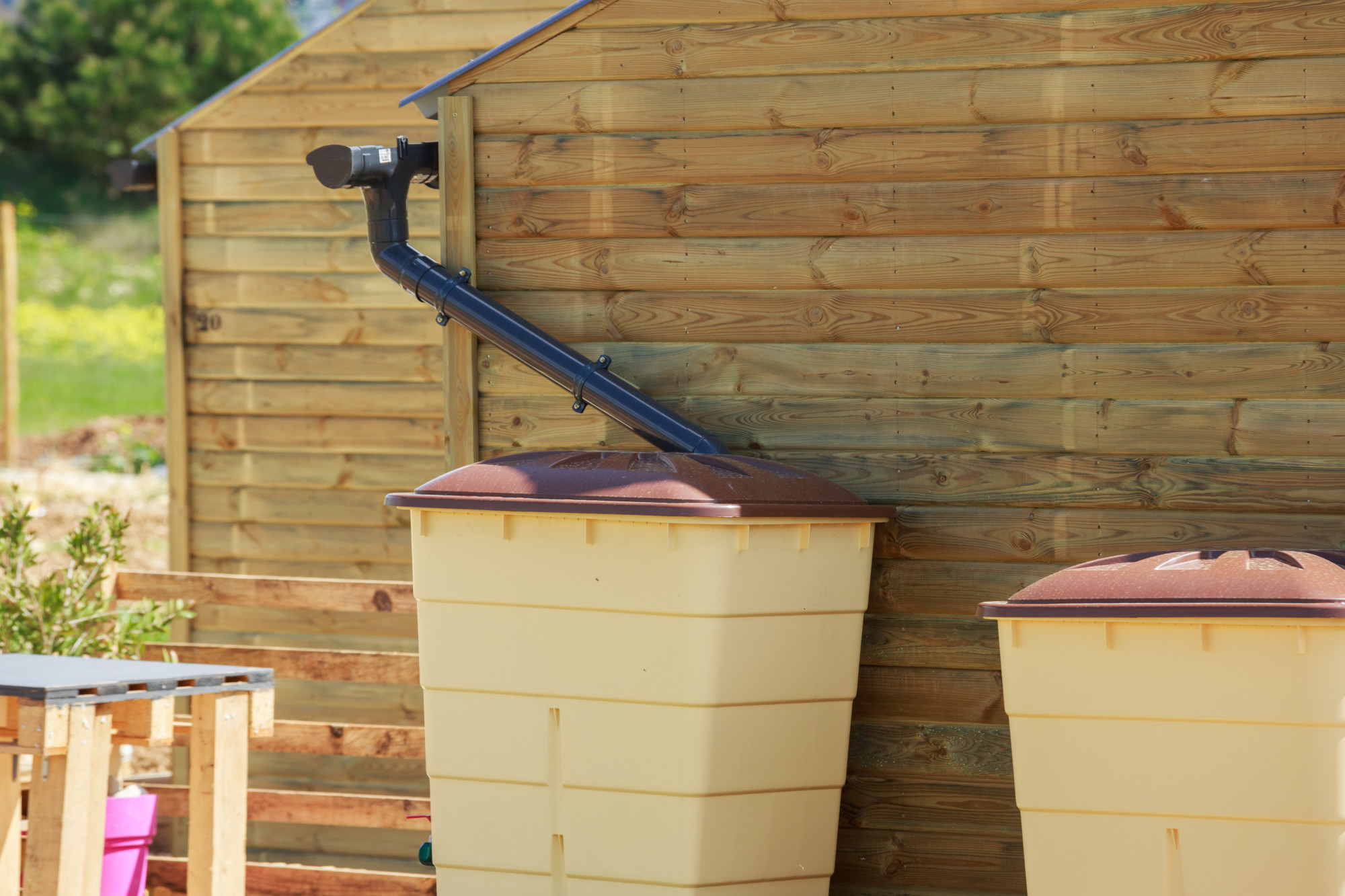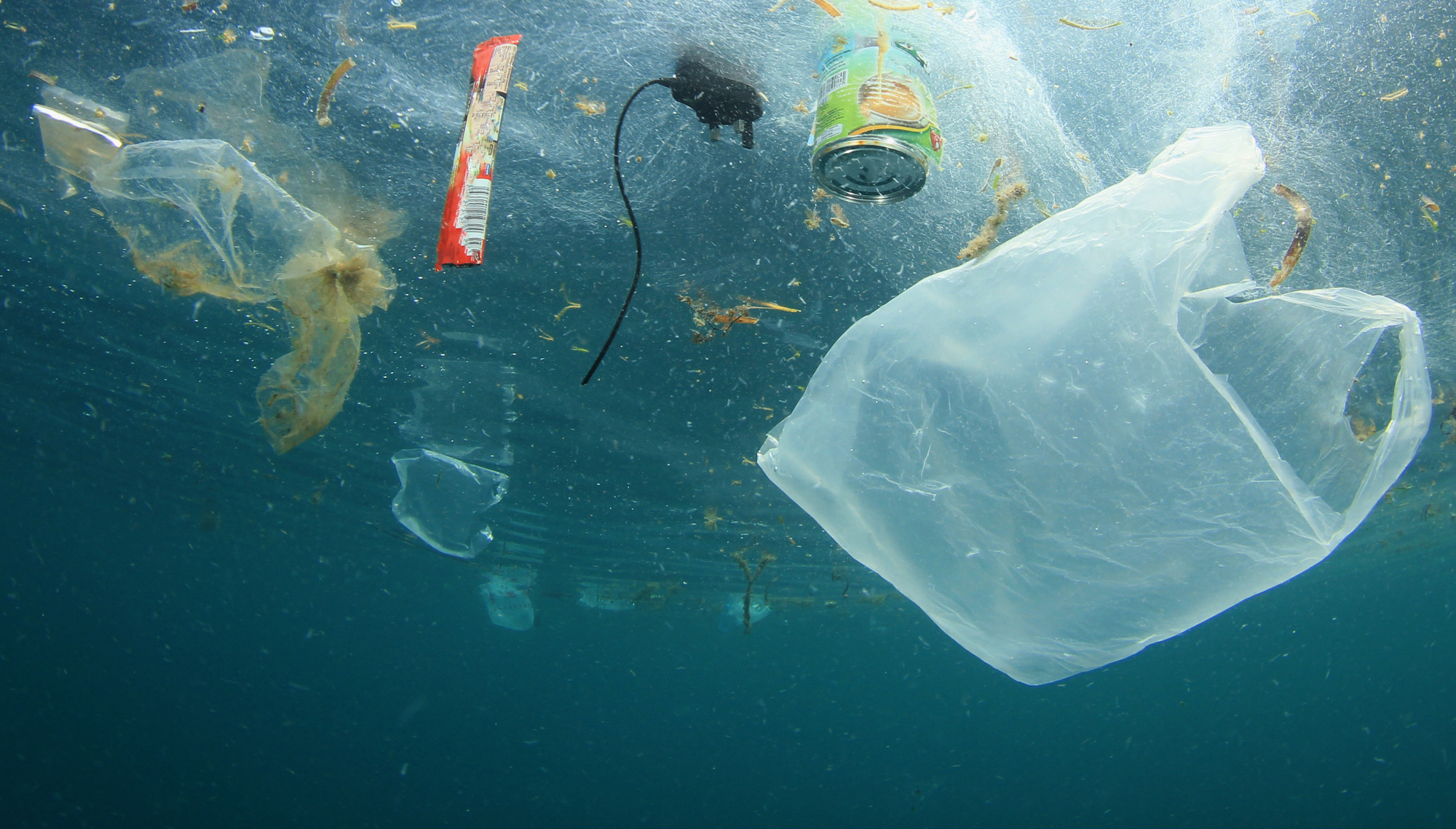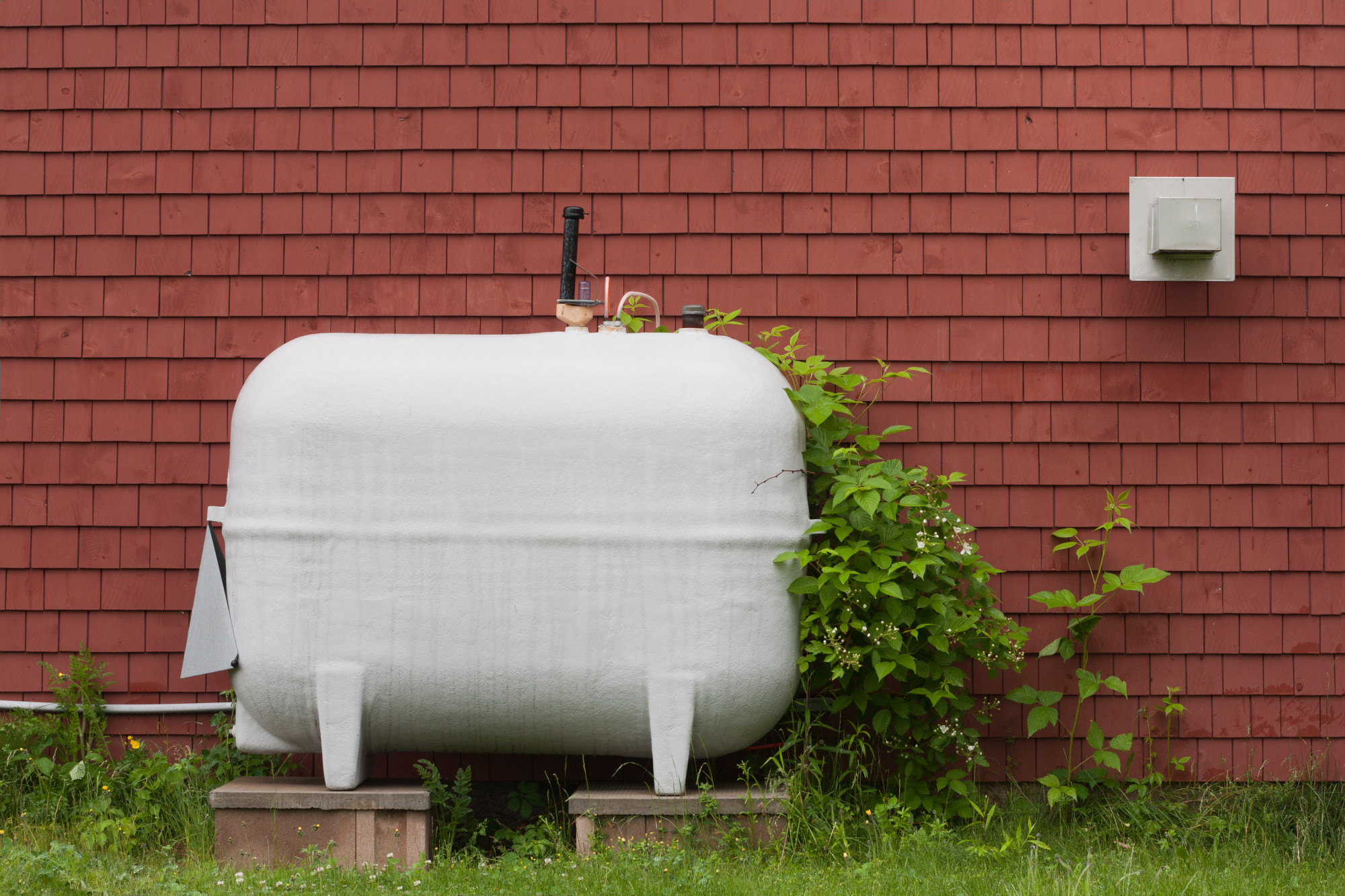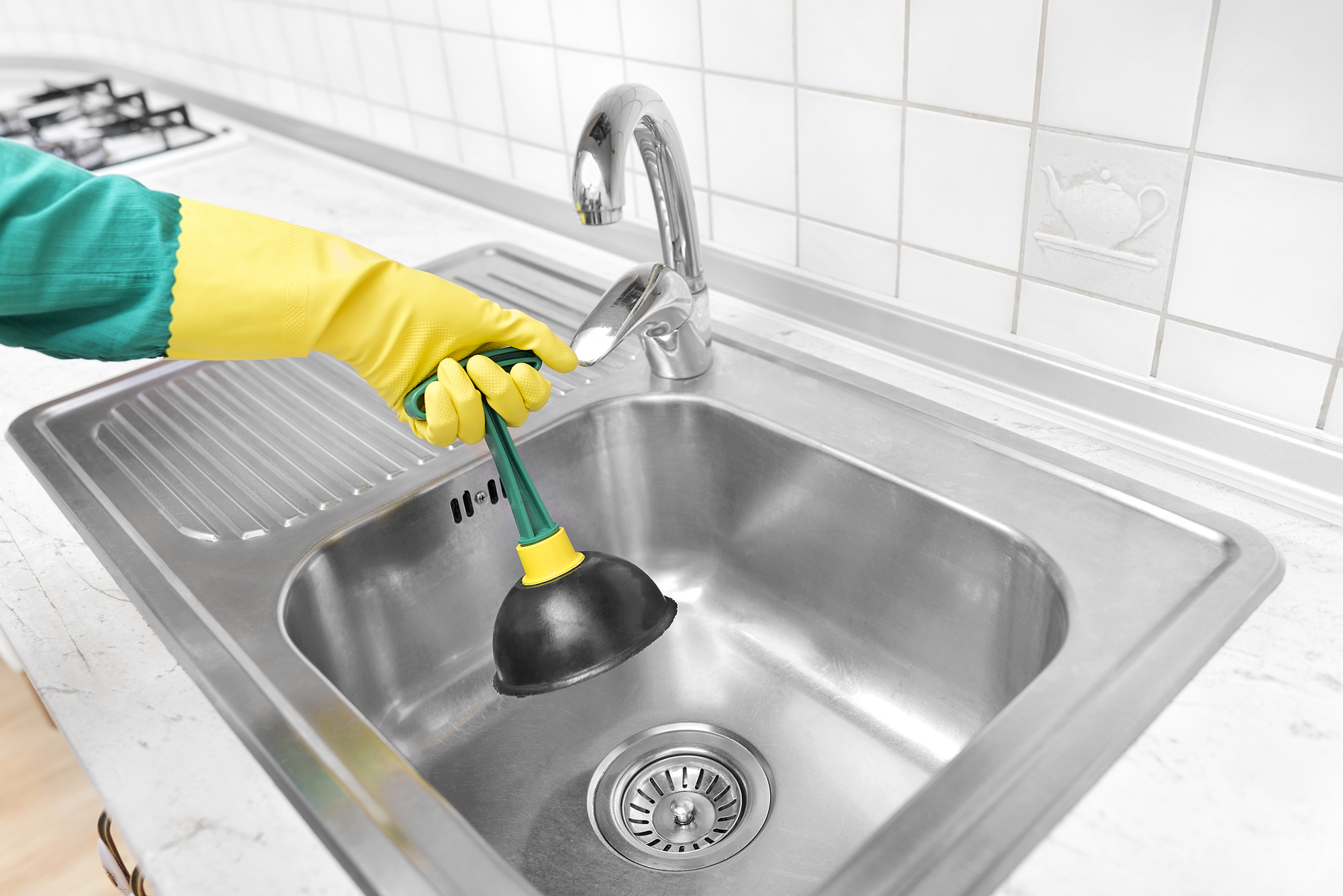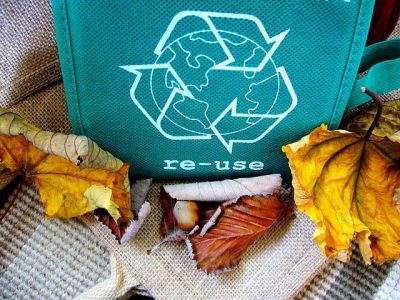The US receives an average of 35 inches of rain each year. The rain waters the country’s forests and fields. It replenishes the rivers, lakes, and underground water supply.
Rain isn’t predictable, though. You won’t know for sure if a storm will come soon to water your landscaping. To make ends meet, your business ends up paying the county for water access.
Is there an easier, cheaper way to gather water for your business? Rain is free, but is collecting rainwater illegal?
As with most water regulations, the answer depends on the state where you operate. Your state might allow residential rain collection, but not commercial. This guide will help you determine if your business can install a rain collection system.
Is Collecting Rainwater Illegal in Any States?
The good news is, collecting rainwater is legal in every US state. That doesn’t mean you can go out and gather as much rainwater as you want, though. There are rules and regulations to follow for commercial rainwater collection.
In most states, there are no restrictions on rainwater collection. Your business or home can collect and store as much rainwater as you desire.
The following states have strict rules about rainwater collection:
- Indiana
- Oregon
- California
- Nevada
- Utah
- Colorado
- Texas
- Louisiana
- Arkansas
- Illinois
- Ohio
- North Carolina
- Georgia
Most of the rules regulate the use of collected rainwater. In states like Colorado, the rules also limit personal rainwater storage to 110 gallons. Businesses need much more water to operate, unfortunately.
Many eastern states offer tax incentives for installing rainwater collection systems. Check your state regulations to see how much you’ll get back for collecting rainwater.
How to Collect Rainwater and Use It
Private homes use rainwater barrels to gather runoff from their roof. It’s a good system for watering a home garden, but not your business.
Commercial systems use a 5-step step process:
- Rainwater diverts from the roof to the system
- The system filters out large debris on the way to the rainwater collection tanks
- Remaining debris floats out through the overflow
- A pump draws clean water from right under the water surface
- The water runs through a filtering system
States like Arkansas ban using rainwater for drinking due to health risks. As the water runs off the roof into the system, it picks up bacteria. The roofing materials may also lead and asbestos to the rainwater.
To make rainwater safe in legal states, run it through a distiller for industrial use. Once or twice a year, check the system’s water quality. Poor water quality is a sign your filtering system needs maintenance.
Stop Buying Water and Invest in a Rainwater Collection System
Is collecting rainwater illegal? It’s only illegal if you don’t stick to the regulations in your state. Every US state allows some form of rainwater collection.
When you’re ready to invest in a rainwater collection system, do your homework. Contact your local water district to see if you need permits for the water cisterns. Ask if they can recommend a trustworthy water testing service, as well.
Are you ready to make your business eco-friendly? Browse through our Green Business section. We have tips on renewable energy sources, ranching, and more.

